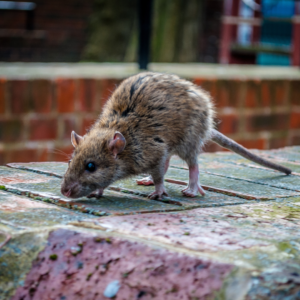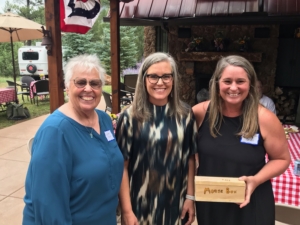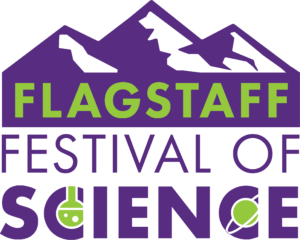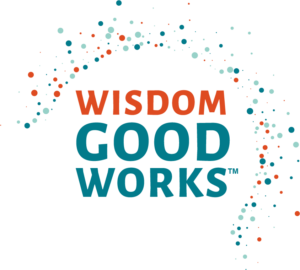The Key Ingredient to Ecological Balance
There are many ways we can bring our world into better ecological balance.
Reducing pollution of all kinds, eliminating use of harmful chemicals in the home or garden, and supporting conservation groups working to save our water and wildlife habitats are highly impactful examples.
The key to any effort to return the planet to ecological equilibrium begins, however, with one very important step: education.
Teaching students about our ecosystem and the interconnectedness of all species helps foster lifelong habits that benefit the environment. Educating the public (including our elected officials) builds support to policies and actions needed to address global challenges. Training scientists can help develop new technologies and solutions to ecological imbalance.
This is why WISDOM Good Works is so passionate about opportunities to spread the word about our fertility-control technology to address rodent overpopulation, and the pilot programs we are conducting to show it is far more effective and affordable (not to mention humane) than using poison.

Dr. Loretta Mayer, Governor Katie Hobbs and Amy Dries
Recently, we had the opportunity to talk about using fertility control as an alternative to poison with Governor Katie Hobbs of Arizona.
We brought one of our education partners, Amy Dries, a shop teacher at Sinagua Middle School.
It was Amy’s class that last year helped us build a better mouse box for distributing the pellets containing our fertility-control technology (in case you missed it, check out this video about our partnership here). The box – designed and constructed by Amy’s 7th and 8th grade students – were used as part of our effort to reduce the rat overpopulation on farms in the Galapagos Islands.
We’re hoping we’ll be able to help change policies and laws in our state so that we can use innovative methods like fertility control and reduce or eliminate poisons that not only kill rodents, but endanger wild animals, people, and our environment.
Recently, I also reported on our work as part of the Flagstaff Science Festival.
Established in 1990, this annual 10-day event is designed to promote awareness and enthusiasm for science and is the longest continuously running, entirely free science festival in the world.
We’re excited to bring our experiences and know-how to the public in that quest to highlight the importance of ecological balance and the ways we can make the planet safer for all species.


